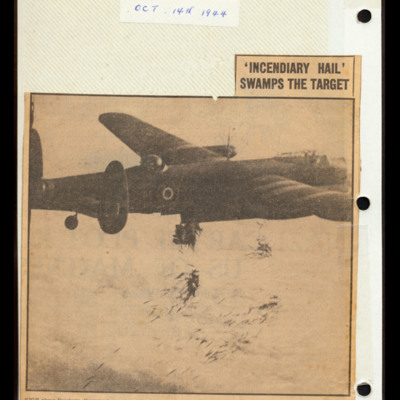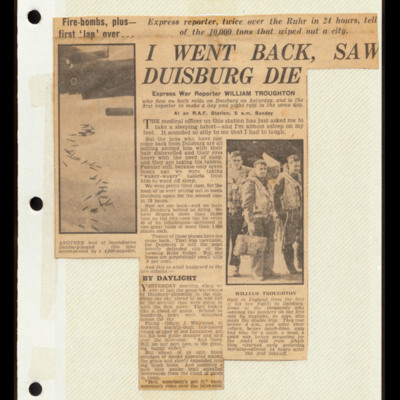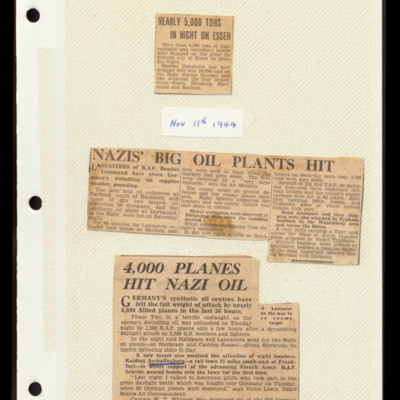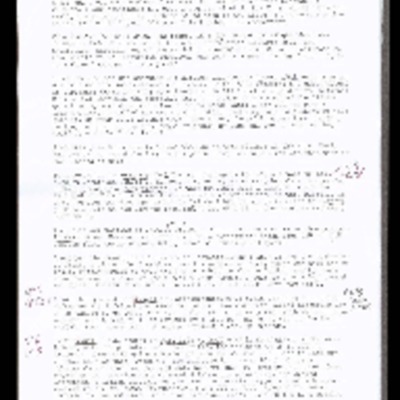Browse Items (207 total)
- Tags: incendiary device
Interview with Charly Pfeifer
Interview with Mirco Marelli
Tags: bombing; civil defence; fear; incendiary device
Bombing of Dresden
Pippo bombs San Giorgio di Nogaro
Tags: arts and crafts; bombing; incendiary device; Pippo
Interview with Anna Maria Baccolini
Interview with Carlo Bertolo
Tags: bombing; civil defence; incendiary device
Interview with Luigia Colussi
Tags: bombing; civil defence; home front; incendiary device
Come proteggersi della nuova offesa nemica: “la piastrina incendiaria”
Interview with Rosetta Gobetti
Interview with Laura Perego
Tags: bombing; home front; incendiary device; Pippo
Interview with Marta Papotti
Interview with Günter Lucks
Interview with Aldo Magnaghi
Interview with Romualdo Siccardi
Interview with Angelo Bencina
Interview with Enrica Mariani
Interview with Richard Suchenwirth
Interview with Hubert Draegert
After the last fly-over of British planes
Tags: bombing; incendiary device
Aerial violation of Swiss airspace
Tags: bombing; crash; incendiary device
Telegram No. 787 from the Swiss Government to the Swiss Legation in London
Tags: bombing; crash; incendiary device
Incendiary hail swamps the target
Tags: bombing; incendiary device; Lancaster
I went back, saw Duisburg die
Bombing operations November 1944
Tags: bombing; incendiary device; Lancaster; Typhoon
Bill Thomas memoir
Tags: 153 Squadron; 166 Squadron; 1667 HCU; 28 OTU; aircrew; Anson; Bolingbroke; bomb aimer; bombing; Bombing and Gunnery School; bombing of Dresden (13 - 15 February 1945); crewing up; ground personnel; Halifax; Heavy Conversion Unit; incendiary device; Initial Training Wing; Lancaster; Lancaster Finishing School; mine laying; Operational Training Unit; perception of bombing war; promotion; RAF Castle Donington; RAF Heaton Park; RAF Hemswell; RAF Kirmington; RAF Sandtoft; RAF Scampton; RAF Strubby; RAF Wigtown; training; Wellington



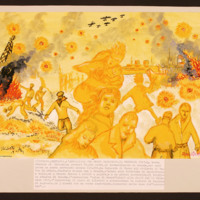
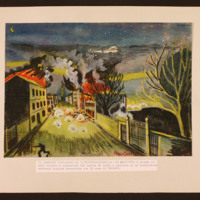
![MRadacichM[Ser'#-DoB]-170110-19.jpg MRadacichM[Ser'#-DoB]-170110-19.jpg](https://ibccdigitalarchive.lincoln.ac.uk/omeka/files/square_thumbnails/38/268/MRadacichM[Ser -DoB]-170110-19.jpg)
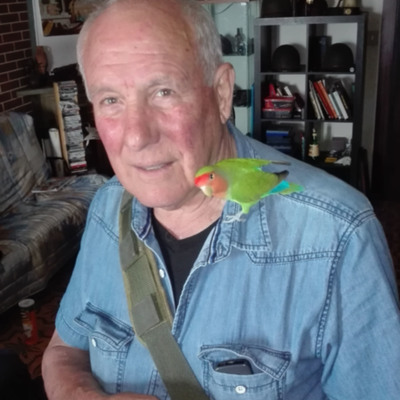
![MWrightJ[Ser#-DoB]-150527-12.jpg MWrightJ[Ser#-DoB]-150527-12.jpg](https://ibccdigitalarchive.lincoln.ac.uk/omeka/files/square_thumbnails/165/2152/MWrightJ[Ser -DoB]-150527-12.jpg)
![MWrightJ[Ser#-DoB]-150527-070001.jpg MWrightJ[Ser#-DoB]-150527-070001.jpg](https://ibccdigitalarchive.lincoln.ac.uk/omeka/files/square_thumbnails/165/2252/MWrightJ[Ser -DoB]-150527-070001.jpg)
![MWrightJ[Ser#-DoB]-150527-080003.jpg MWrightJ[Ser#-DoB]-150527-080003.jpg](https://ibccdigitalarchive.lincoln.ac.uk/omeka/files/square_thumbnails/165/2253/MWrightJ[Ser -DoB]-150527-080003.jpg)
